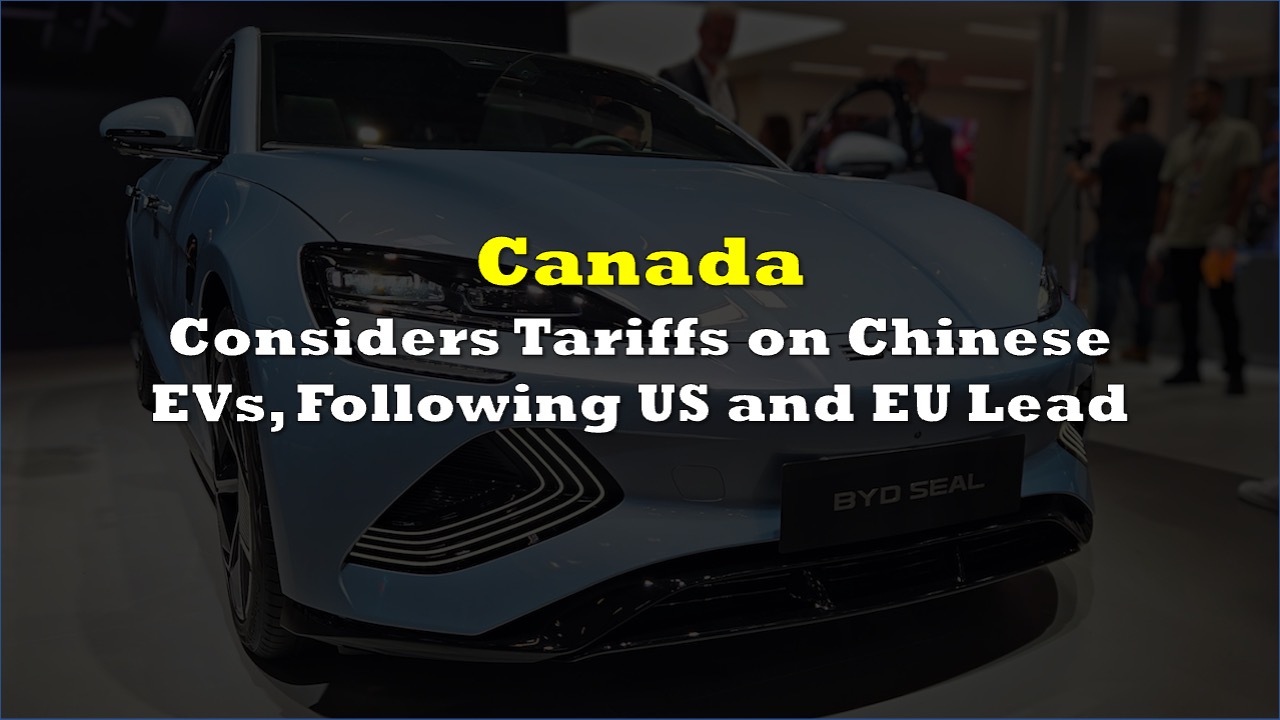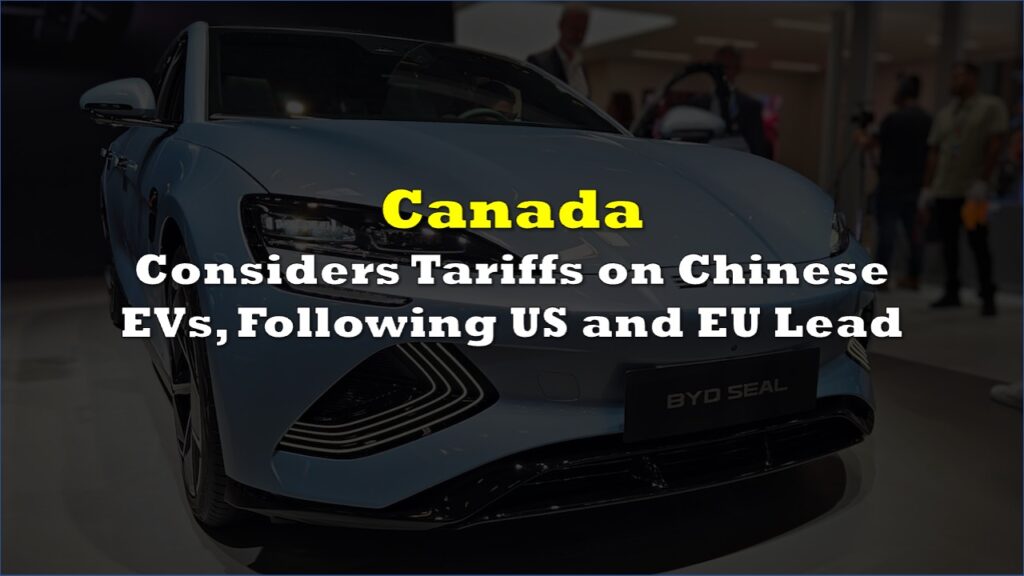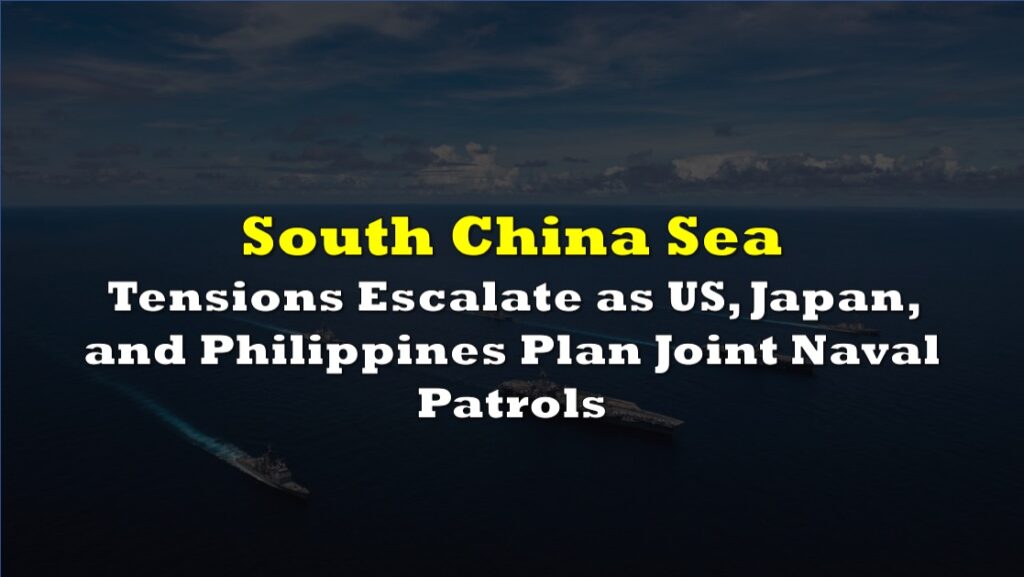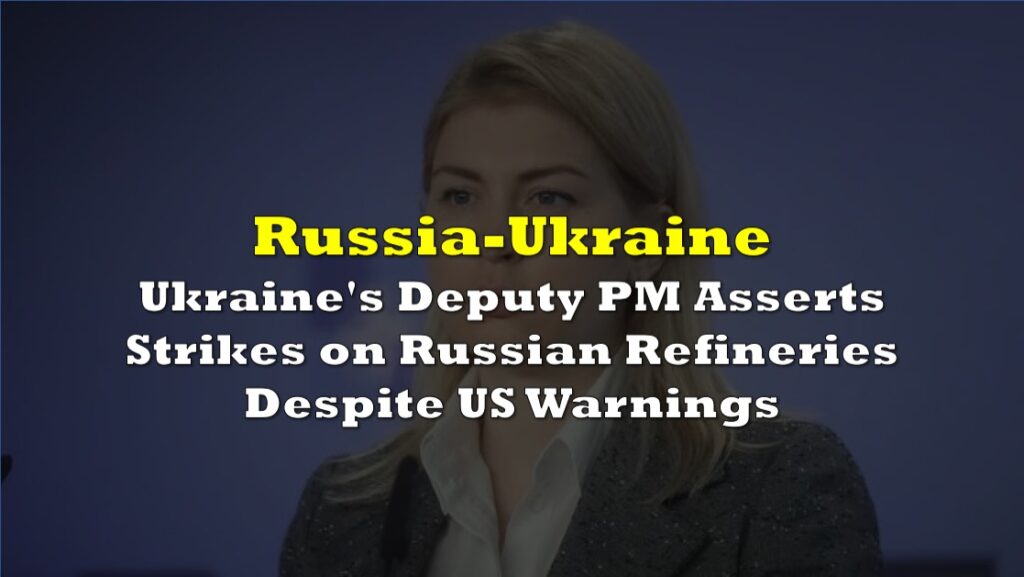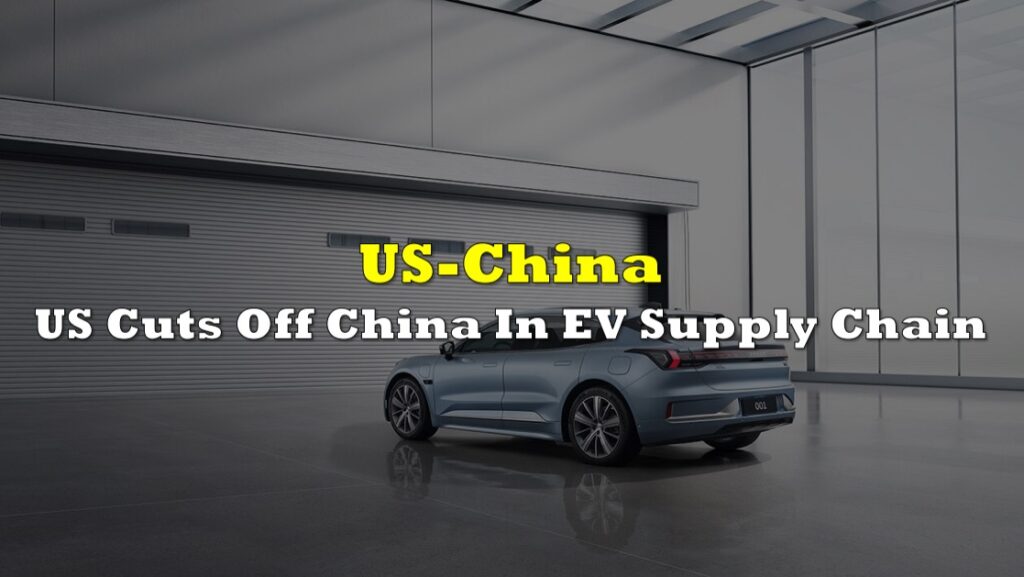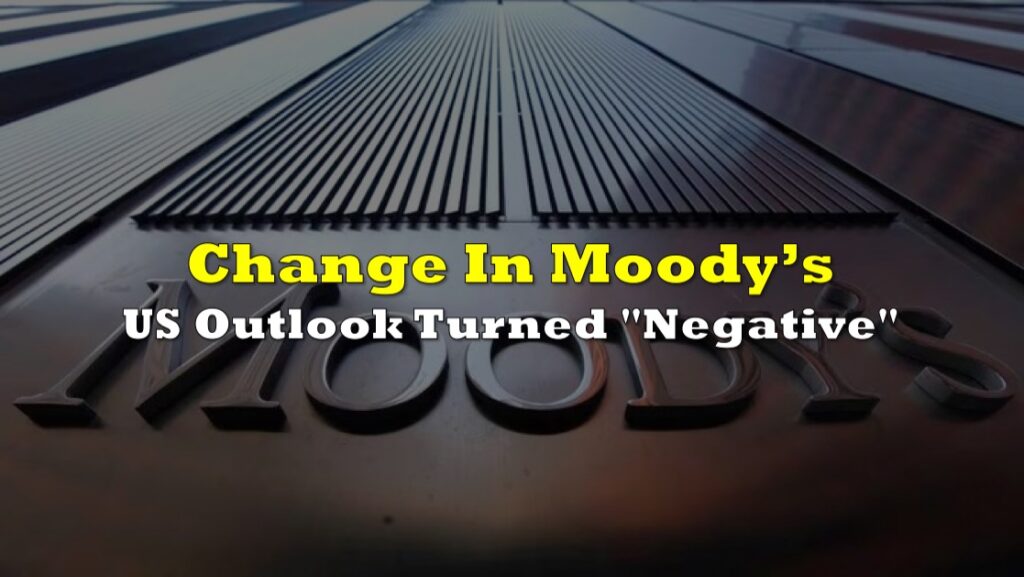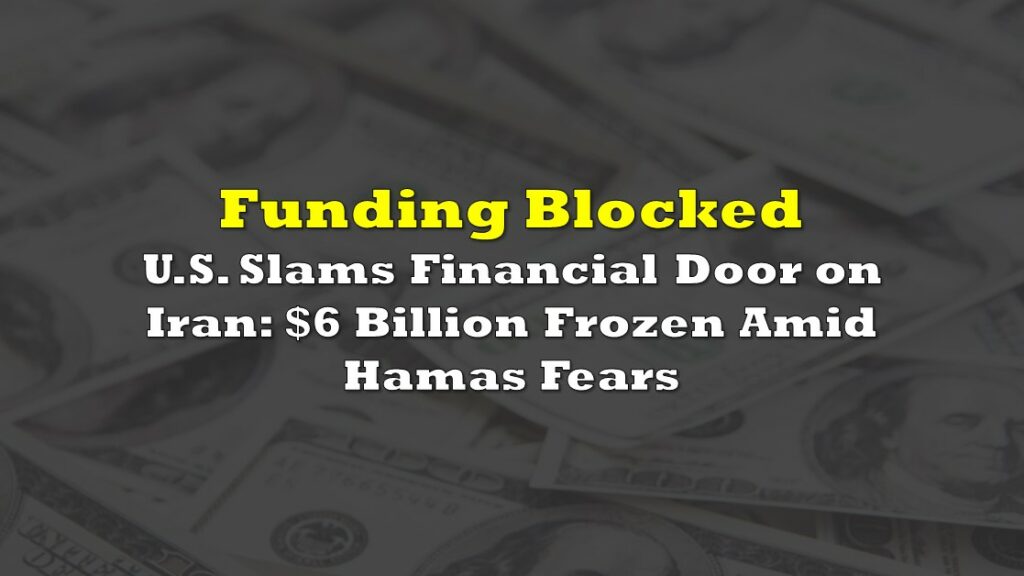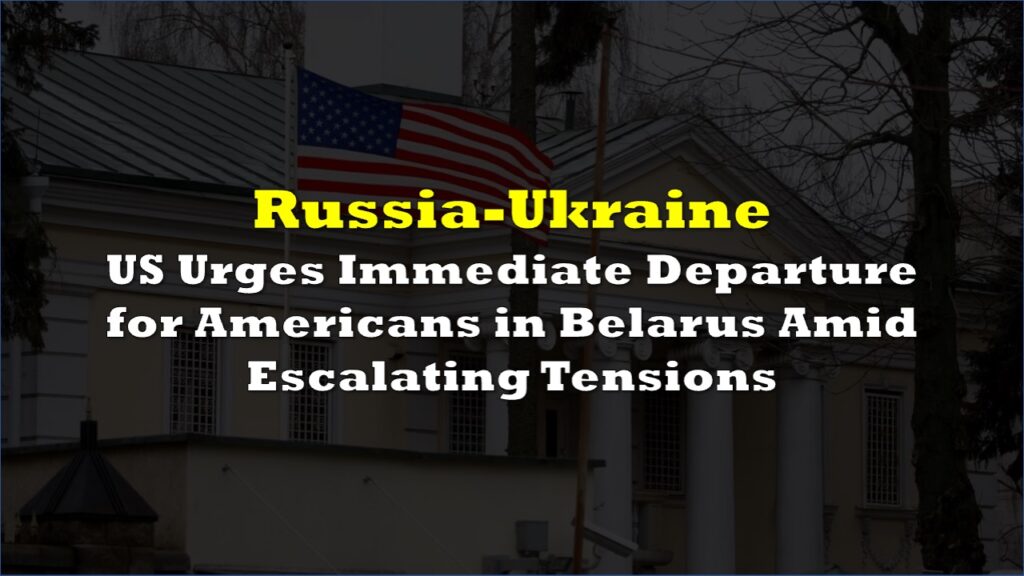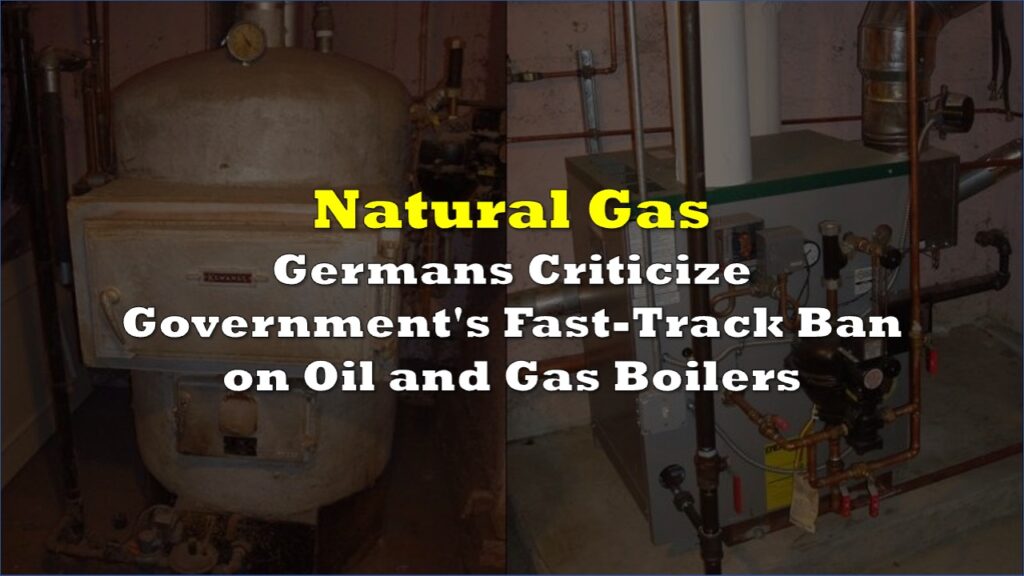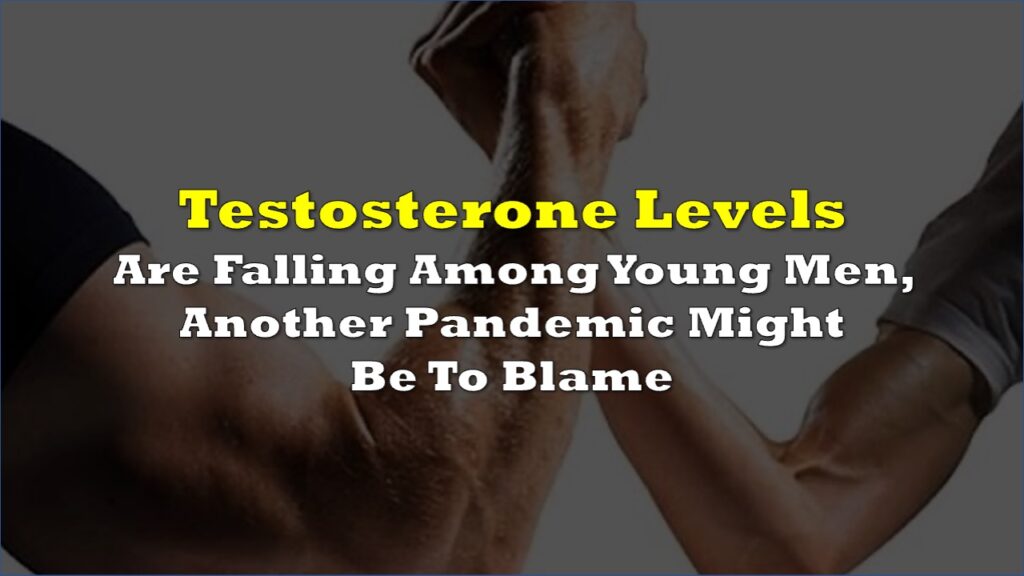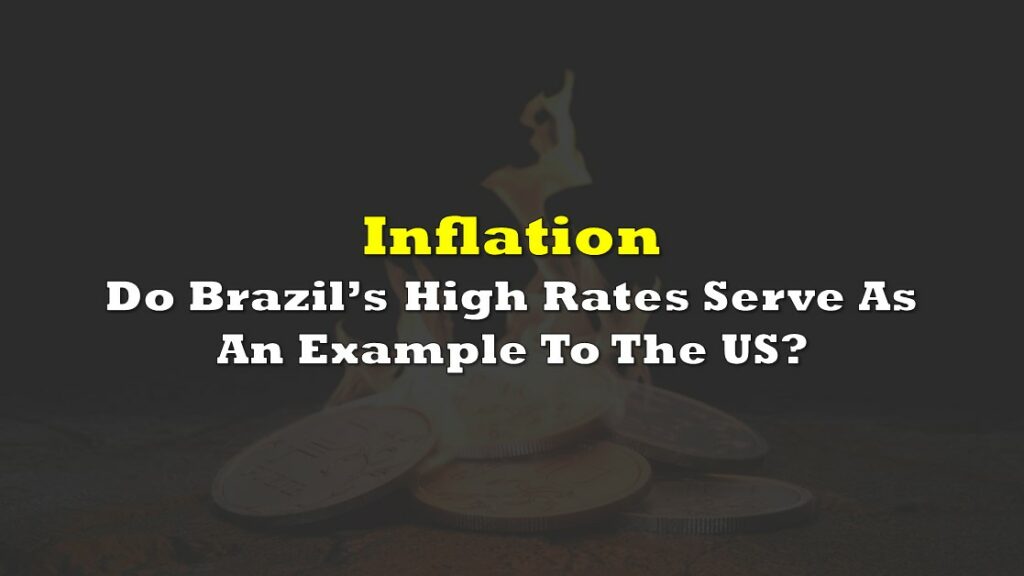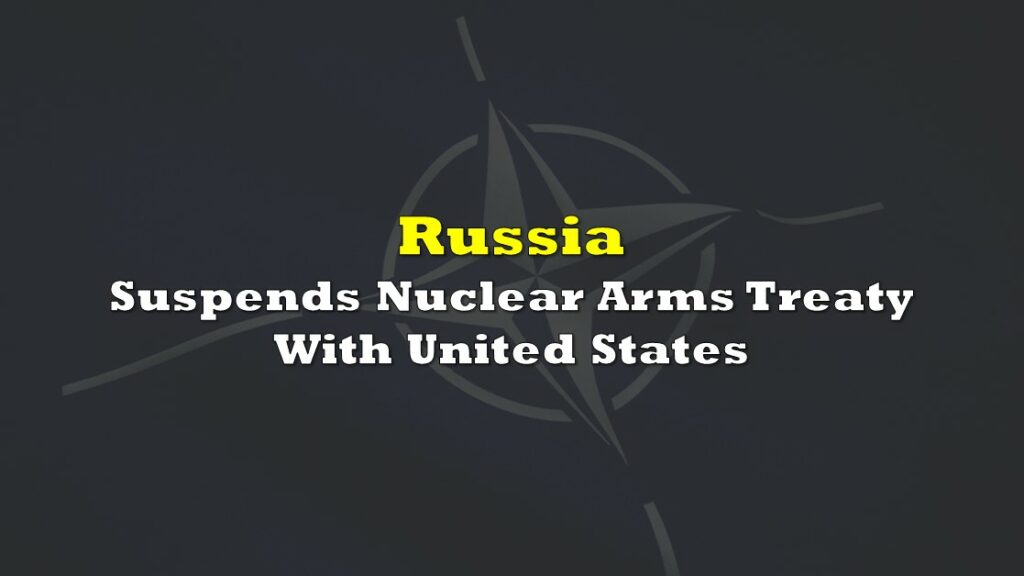The Canadian government is reportedly preparing to introduce new tariffs on electric vehicles imported from China, according to a Bloomberg report which cites sources close to the matter. This move would align Canada with recent actions taken by the United States and the European Union to protect their domestic auto industries.
Prime Minister Justin Trudeau’s administration is expected to announce public consultations on the proposed tariffs soon, although final decisions are still pending. The initiative comes in response to growing pressure both domestically and internationally to address concerns about China’s overproduction of key goods, including EVs.
The US recently announced plans to increase tariffs on Chinese-made EVs to 102.5%, while the European Union is considering raising its tariffs to as high as 48% on certain vehicles. These measures aim to counter what Western nations perceive as China’s attempt to dominate supply chains and undercut their industries.
Ontario Premier Doug Ford has been vocal in calling for action, urging the federal government to match US tariffs at the very least. Ford argued that China’s low labor standards and use of dirty energy give it an unfair advantage in producing inexpensive EVs, potentially threatening Canadian jobs.
While the number of Chinese-made vehicles entering Canada has increased significantly, with Tesla‘s (Nasdaq: TSLA) Shanghai-made Model Y contributing to this rise, the government’s primary concern is the potential influx of low-cost vehicles from Chinese automakers.
The Trudeau administration has been cautious in its approach, mindful of possible trade retaliation from China. However, Canadian auto industry groups have advocated for substantial tariffs, emphasizing the importance of aligning with US policies, especially considering the upcoming review of the United States-Mexico-Canada free trade agreement.
The Canadian government has already committed billions to develop a domestic EV manufacturing industry, including subsidies for new factories by major automakers. As discussions continue, environmental groups argue for maintaining low EV costs to encourage wider adoption, highlighting the complex balance between economic interests and environmental goals.
While the government has not officially confirmed the tariff plans, a spokesperson for Finance Minister Chrystia Freeland said that Canada is “actively considering steps to counter Chinese oversupply.”
“China has an intentional, state-directed policy of overcapacity,” Katherine Cuplinskas, Freeland’s press secretary, told Bloomberg in an email. “Protecting Canadian jobs, manufacturing, and our free trade relationships is essential.”
Information for this story was found via Bloomberg, and the sources and companies mentioned. The author has no securities or affiliations related to the organizations discussed. Not a recommendation to buy or sell. Always do additional research and consult a professional before purchasing a security. The author holds no licenses.

